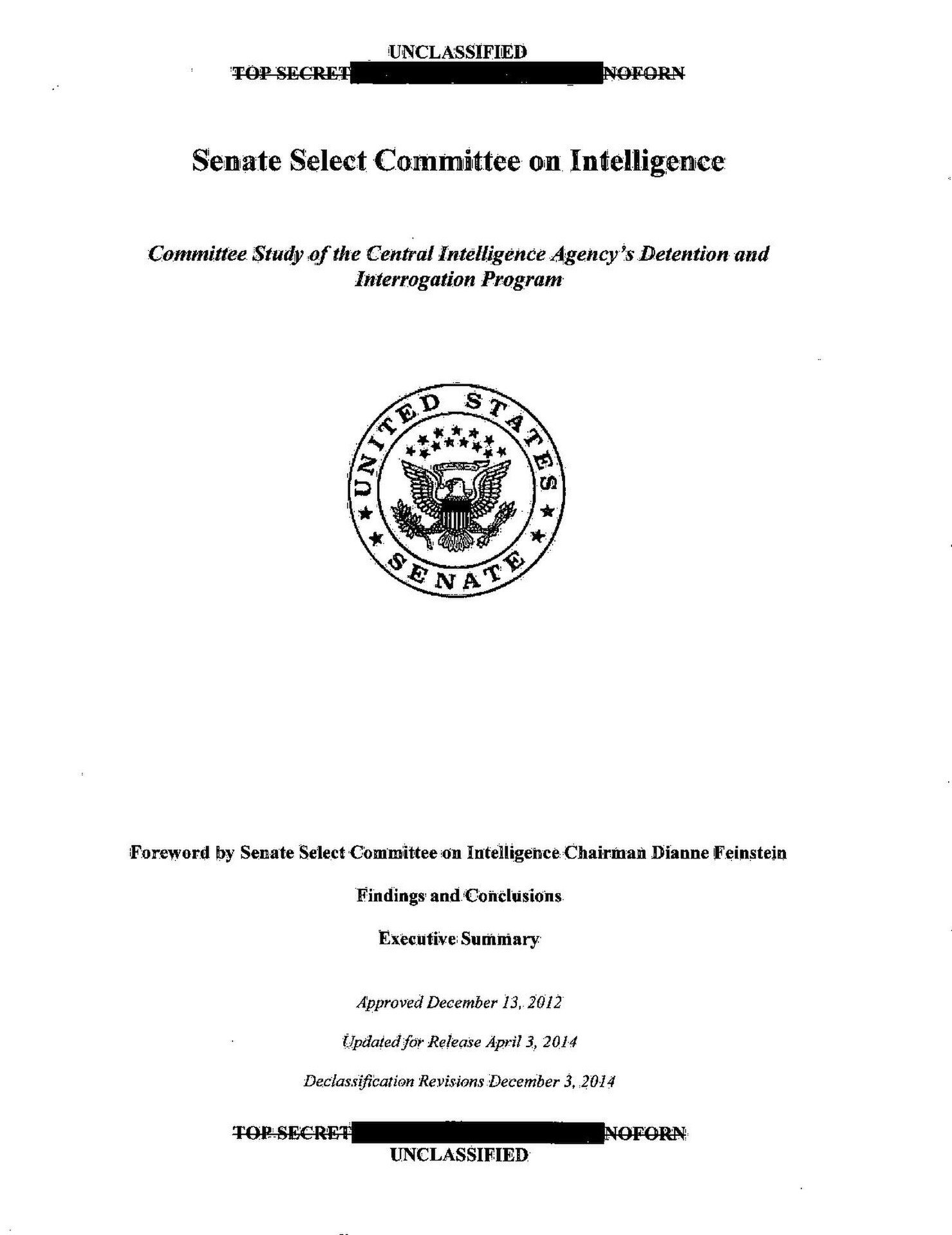Чего хочет Россия
Jul. 2nd, 2019 05:03 pmTrump talks to Tucker Carlson about his desire to withdraw US troops and "get out of a lot of areas," complains:
— Julia Davis (@JuliaDavisNews) July 2, 2019
"We're the policeman for the whole world. You know, if you look at Russia, Russia doesn't police the world. Russia has — you know, they police Russia."
h/t @MatBabiak pic.twitter.com/quSVnvlU0e
Группа экспертов подготовила по заказу Пентагона (Объединённого комитета начальников штабов) "белую книгу" на тему "Russian Strategic Intentions".
https://www.politico.com/story/2019/06/30/pentagon-russia-influence-putin-trump-1535243
Основной вывод: оставаясь в рамках "второй этической системы" и играя в игру с нулевой суммой, Путин стремится не просто утвердить себя в качестве мирового "игрока", но и нанести максимальный урон США.
There is broad consensus among the contributors that Russian President Vladimir Putin is indeed adhering to a global grand strategy, which aims to achieve the following goals:
• Reclaim and secure Russia’s influence over former Soviet nations
• Regain worldwide recognition as a “great power”
• Portray itself as a reliable actor, a key regional powerbroker, and a successful mediator in order to gain economic, military, and political influence over nations worldwide and to refine the liberalist rules and norms that currently govern the world order.
According to Dr. Robert Person, these goals are motivated by Russia’s deep-seated geopolitical insecurity. Since the collapse of the Soviet Union, Russia has struggled to find its place in the global community, which has left the leadership with a lingering desire to regain the influence and power that it once had. In particular, Russia seeks to regain its influence over former Soviet states, which it claims are in its rightful “sphere of influence”. As a result, one of the United States’ core goals, namely promoting and protecting the international liberal order, comes into contention with the goals of Russia’s grand strategy. This underpins the Kremlin’s belief that it must contain and constrain US influence and activities in Europe and elsewhere across the globe. As Ms. Anna Borshchevskaya’s contribution suggests, the Russian leadership’s worldview is zero-sum; it believes that in order for Russia to win, the US must lose.

Анна Борщевская своими словами: "Putin’s worldview is zero-sum, so it’s hard to imagine a win-win scenario. For Putin to win—to look “great,” the US has to lose. Due to our fundamentally opposing values and worldviews, we are likely to have a hard time coming up with genuinely shared goals that both sides can truly work on together."
Другой эксперт, Джереми Ламоро (Lamoreaux), призывает противостоять путинской кампании влияния в Европе путем поддержки политического либерализма: "Economic and political liberalism both create strong states capable of providing the institutions necessary for societal liberalism. Societal liberalism, when it is upheld by the rule of law, helps create a more diverse, yet united, populace more committed to the state, to its basic institutions, and less likely to be influenced by outside sources (in this case, Russia)."
Роберт Персон пишет о том, что центральной темой путинской глобальной стратегии является ватная мечта о разделе сфер влияния (Ялте-2.0): "This paper argues that a deep-seated sense of geopolitical insecurity motivates Russia to pursue strategic objectives to establish an uncontested sphere of influence within the post-Soviet region, secure for Russia a seat at the table of other great powers in critical regions outside its sphere, and contain and constrain America’s unilateral and multilateral pursuit of its own interests globally. Since 2007, it has developed a sophisticated set of gray zone tactics of “asymmetric balancing” through which Russia pursues its strategic ends within relatively limited means."
( Read more... )





























